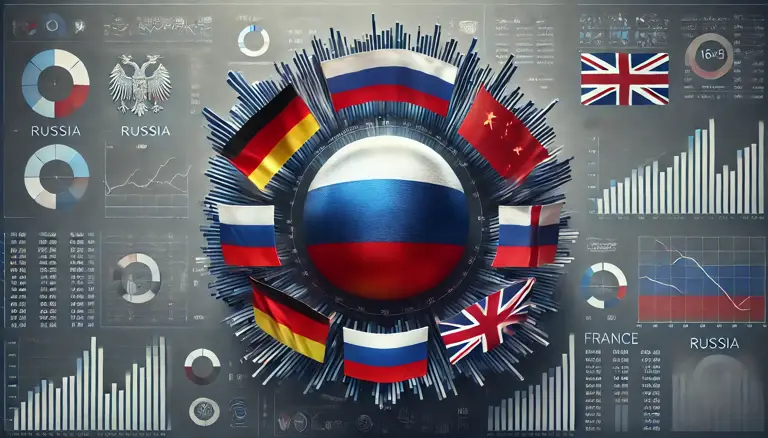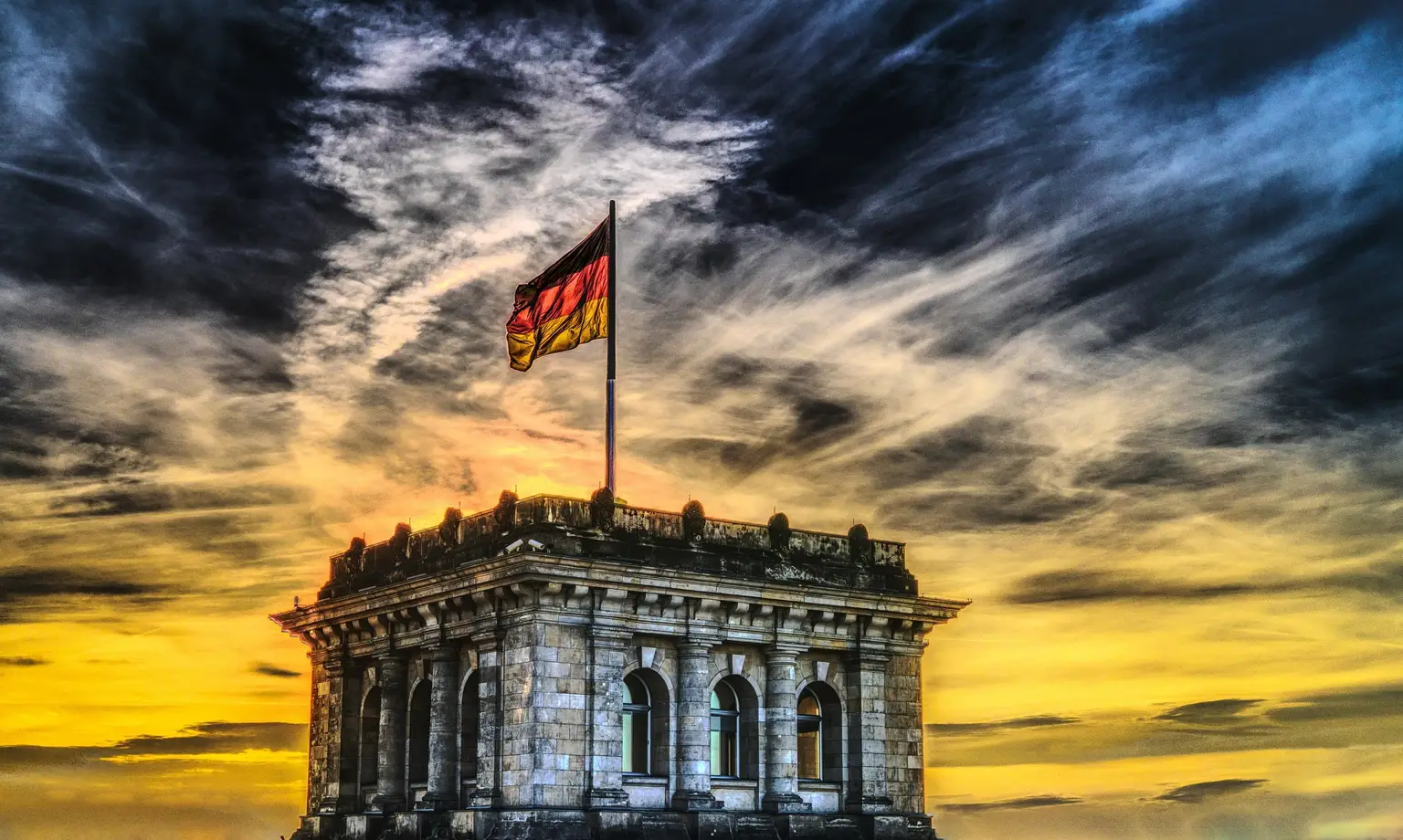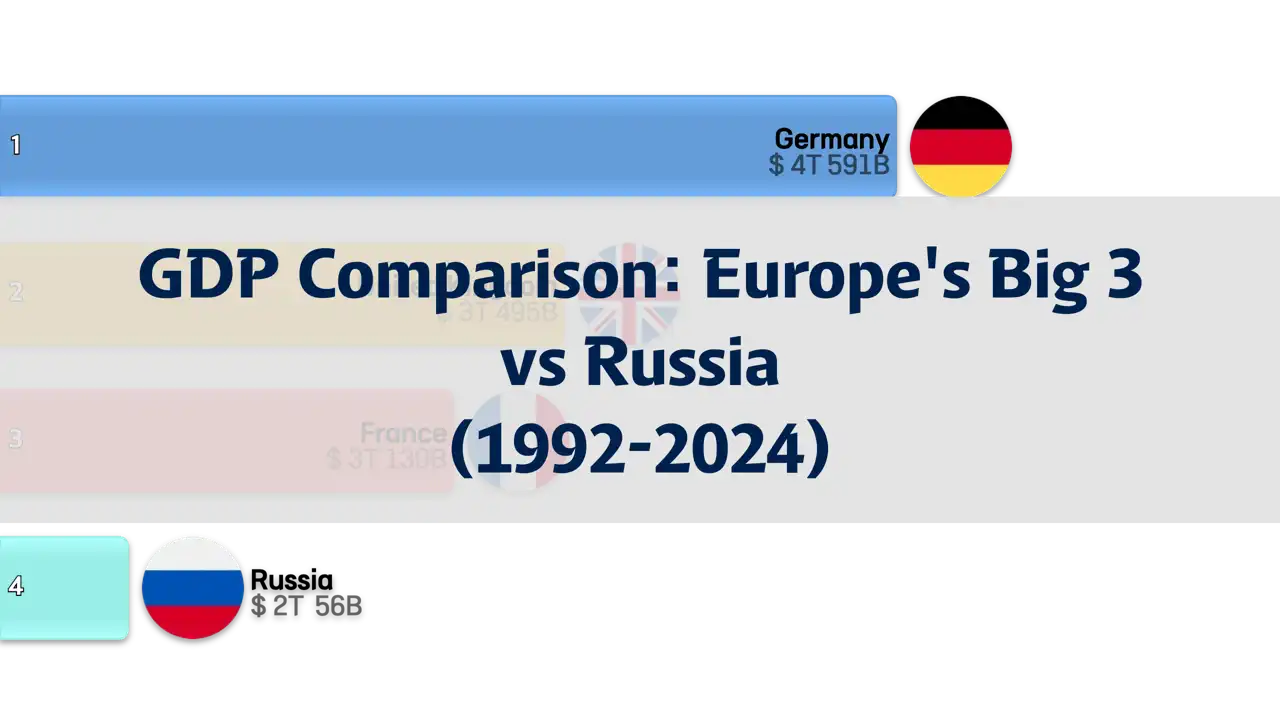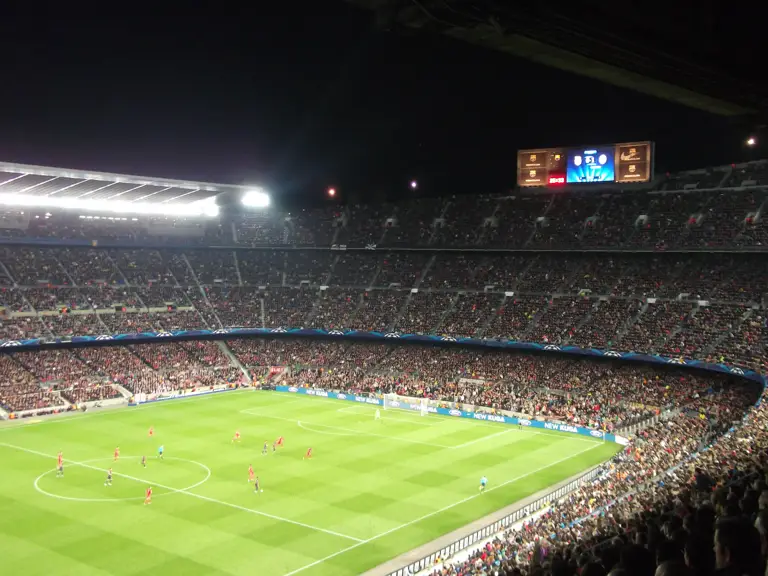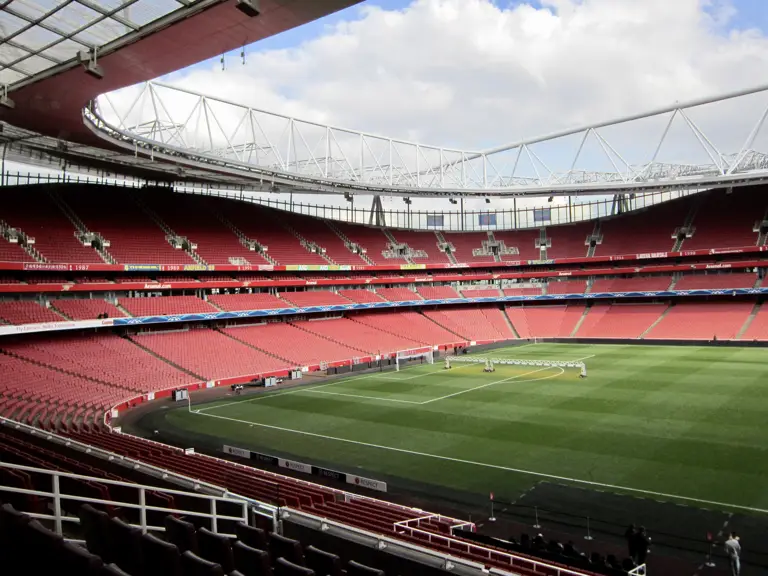
Russia vs. Europe’s Economic Giants: A 2023 GDP Comparison
- ASUMUP
- Economy
- August 13, 2024
In 2023, the global economic landscape was shaped by various factors, with Europe's major economies standing out for their economic prowess. Among these, Germany, the United Kingdom, and France are often regarded as the continent’s economic giants. Meanwhile, Russia, despite being geographically part of both Europe and Asia, plays a significant role in this comparison due to its unique geopolitical influence and economic characteristics.
This comparison of the GDP of Russia and Europe’s big three powers—Germany, the United Kingdom, and France—offers a deeper understanding of their economic standings and their impact on the global stage. While Russia's economy is smaller in size compared to these European giants, its economic and geopolitical influence cannot be overlooked. This article will delve into how these economies compare and what the figures reveal about their global standing.
Russia vs. Europe’s Giants: 2023 GDP Showdown
- first Germany - $4.5 trillion
- second United Kingdom - $3.3 trillion
- third France - $3.0 trillion
- Russia - $1.9 trillion
Russia - $1.9 trillion
In 2023, Russia's GDP was approximately $1.9 trillion, positioning it as the fourth-largest economy in this comparison of European powers. Despite its vast landmass and abundant natural resources, Russia's economy has faced significant challenges. Sanctions, fluctuating oil prices, and a reliance on energy exports have influenced its economic trajectory. The impact of geopolitical tensions and internal policies has also played a role in shaping Russia's economic landscape.
When compared to the three major European economies—Germany, the United Kingdom, and France—Russia's economic size is notably smaller. However, Russia maintains a unique position as a key player in the global energy market and a central figure in geopolitical dynamics, particularly in relation to Europe. Understanding Russia's GDP in this context highlights the complex interplay between economic size, resource wealth, and geopolitical influence.
third France - $3.0 trillion
In 2023, France's GDP was approximately $3.0 trillion, making it the third-largest economy in Europe. France's economic strength is underpinned by its diverse industrial base, including aerospace, luxury goods, and agriculture. The country is also a leading tourist destination, which contributes significantly to its GDP. France's social model, with a strong welfare system and public sector, also plays a crucial role in its economic framework.
Compared to Russia, France’s economy is about 1.5 times larger, highlighting the disparities between the two. France's economy is more diversified and integrated into the European Union, providing it with greater economic stability and access to the EU's large internal market. In contrast, Russia's economy remains more dependent on natural resources and faces different economic challenges, including external sanctions and internal structural issues.
second United Kingdom - $3.3 trillion
The United Kingdom's GDP in 2023 reached approximately $3.3 trillion, securing its position as the second-largest economy in Europe. The UK's economy is characterized by its strong financial services sector, with London being one of the world's leading financial hubs. Additionally, the UK benefits from a diversified economy that includes technology, healthcare, and education, contributing to its economic resilience.
When compared to Russia, the UK's economy is significantly larger, with a GDP almost 1.7 times that of Russia. The UK’s economic strength is further enhanced by its historical ties and trade relationships across the globe, particularly through the Commonwealth and its influence in international finance. Despite recent challenges such as Brexit and the ongoing adjustments to its global trade relationships, the UK's economy remains robust and influential on the global stage.
first Germany - $4.5 trillion
Germany's GDP in 2023 stood at an impressive $4.5 trillion, making it the largest economy in Europe and the fourth-largest globally. This economic powerhouse is driven by a highly developed industrial sector, a strong export base, and a reputation for engineering excellence, particularly in the automotive and manufacturing industries. Germany's economic strength is bolstered by its stable political environment, robust infrastructure, and a skilled workforce.
In comparison to Russia, Germany's economy is more than twice the size, reflecting its diversified economic structure and greater integration into global trade networks. While Russia relies heavily on energy exports, Germany has a more balanced economy with strong sectors in both industry and services. This economic diversity gives Germany greater resilience against global market fluctuations and positions it as a key player in the European Union's economic policies.
Other Posts in the Economy
Categories
- National Rankings(43)
- Science & Technology(1)
- Sports(24)
- Economy(30)
- Society(12)
- Culture(7)
Recent Posts
![Bayern Spent HOW MUCH on Harry Kane?! Ranking Their Top 10 Biggest Signings Ever]() A deep dive into Bayern Munich's ten most expensive transfers, exploring how the club's spending strategy has evolved to chase European glory.
A deep dive into Bayern Munich's ten most expensive transfers, exploring how the club's spending strategy has evolved to chase European glory.![Arsenal's Record-Shattering Spree: From a €116M Gamble to a Flop, Who Was Worth the Cash?]() A deep dive into Arsenal's top 10 most expensive signings, analyzing the successes, the failures, and the massive fees that have defined the club's modern transfer strategy.
A deep dive into Arsenal's top 10 most expensive signings, analyzing the successes, the failures, and the massive fees that have defined the club's modern transfer strategy.![Chelsea Cashes In BIG TIME! Who Really Won the 25/26 Summer Transfer Window Money Game?]() A deep dive into the top 10 clubs that made the most money from player sales during the wild 25/26 summer transfer window.
A deep dive into the top 10 clubs that made the most money from player sales during the wild 25/26 summer transfer window.![Liverpool's Record-Breaking €483M Spree! Did They Just Buy the Premier League Title?]() A deep dive into the 25/26 summer transfer window reveals Liverpool's record-breaking spending spree as Premier League clubs continue to dominate the market.
A deep dive into the 25/26 summer transfer window reveals Liverpool's record-breaking spending spree as Premier League clubs continue to dominate the market.![You Won't Believe How Much a Loaf of Bread Costs in These Countries! (Spoiler: It's INSANE)]() This post explores the top 10 countries with the most expensive bread, revealing how factors like import reliance and tourism dramatically inflate the cost of this basic staple.
This post explores the top 10 countries with the most expensive bread, revealing how factors like import reliance and tourism dramatically inflate the cost of this basic staple.
